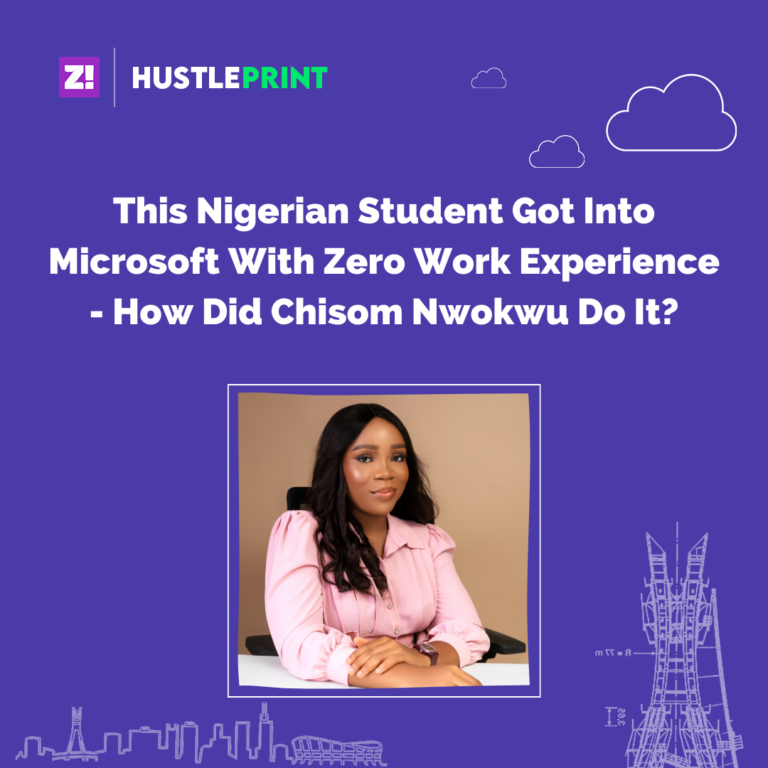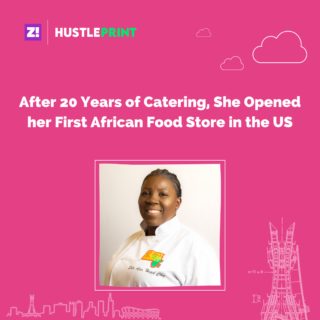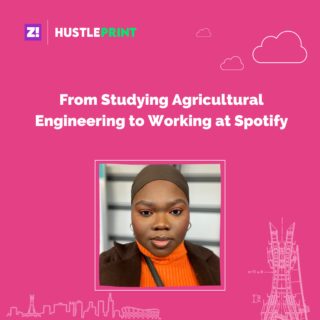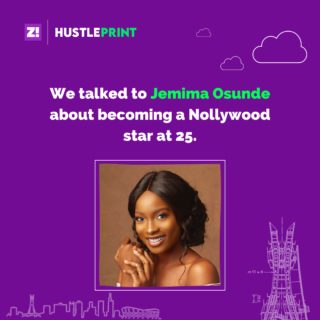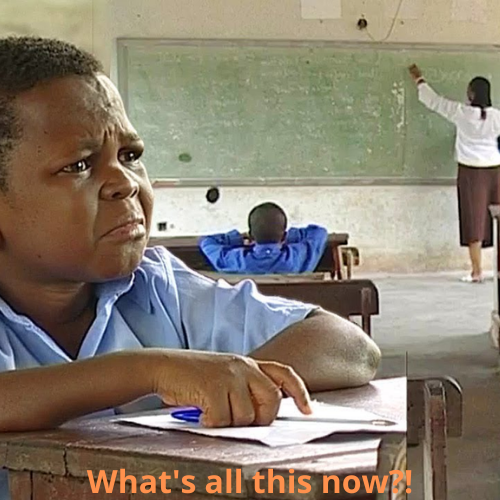
After the grueling experience of getting a BSc. or a Master’s degree, is a PhD worth the stress in Nigeria? Especially now that we’re seeing ASSU moving mad yet again. Five PhD students shared their reasons for pursuing a PhD in Nigeria and other parts of the world, and their experiences.
1. “My PhD is in memory of my dad”
After my degree in health sciences, I knew I wanted to get to the apex of my field. There’s always one level ahead and a PhD was the final step. The drive was even more intense because I was in love with science. When it was time to make a decision for my course, I lost my dad — he had cancer. I decided to study Public Health and with a focus on cancer, in memory of him.
Fam! I walked into that PhD thinking I was this smart kid. If getting a master’s had been stressful, a PhD was a master’s degree multiplied by a hundred — late nights and a lot of tears. It breaks you in a way and if you’re not deeply rooted, you’ll slip into depression. For instance, there was one meeting I had with my supervisors, the comments were so harsh that I just closed my laptop and started crying. I needed a hug.
The process is tough because you’re relearning things you thought you knew. I’ll say something though: for every time a professor asked me to re-do something (which is a lot of times), I got better at detecting the flaws over time. You need to be patient. There are times I go in for my bi-weekly presentation and expect my professors to outrightly call me an olodo and they’re impressed. I won’t trade this experience for anything; it has moulded me into a disciplined and better version of myself. I know it’ll pay off. This is for my dad and I’d do it all over again — for one PhD o — I’m not doing more than one.
— Deji, 27
2. “If you choose to get a PhD, aim for the international scene”
I did my master’s in Intelligence and Physical Security and I was interested in taking it a step forward to study gang violence and cultism in Nigeria. A PhD helped me diversify my career and work as either a consultant or lecturer. I don’t think I could have gotten into certain international organisations or stayed relevant in the global scene without a PhD Sadly, working in Nigeria with a PhD comes with shitty pay sometimes. People see it as another piece of paper. But it’s worth it when you’re abroad, so aim for the international scene.
For me, I’d do it all over again. I’m going for another PhD in cyber security and a final degree in law. It’ll be brutal, but in the long run, that’s more money in my pocket.
— Johnson, 35
3. “15 years in the industry and a PhD didn’t guarantee success”
When I finished my BSc program, I got a direct scholarship for my PhD in the United States. I decided to get a PhD because I wanted to be done with school. I didn’t want to start working and have to come back again. It was better to get all my degrees at once, and then later focus on getting a job. So I went for it. When I was done, I signed up for an MBA. It’s been one of the best decisions for me, but it didn’t guarantee success. After 15 years of consultancy and five years of building a business in Nigeria, I can say that networking is more important than the degree itself.
The experience itself was quite insightful, though. I understood the value of painstakingly researching to get answers no other person could find. The patience it took prepared me for life as an entrepreneur after my MBA. I also love the flexibility I have now: I can decide whether I want to teach, work as a consultant or run a business. But there are the unending expenses that come with getting a PhD Pace yourself if you need to, as it’s quite expensive. For me, building a career would have been more important than running into debt without a scholarship. The other part of having a Ph.D. is reaching the top and still feeling like an imposter. A degree doesn’t take away the imposter syndrome, But don’t be scared to flaunt the Dr. when you get it.
— Amanda, 42
4. “The world moves faster than a PhD”
I saw a PhD as the ultimate proof of my expertise. As time went by, it became a way to buy time because after my masters, I wasn’t sure about what I wanted to do next in Nigeria. The uncertainty was nerve-racking. A Ph.D. seemed like the next step. Luckily, I got an internship with a research group in Germany and they had an opening for a PhD
There are two things I didn’t expect: first was the monotonous experience. Supervisors go over the same things over and over and it can be so annoying. Second, I didn’t expect to be in charge of my life and academic development. Building my own curriculum was a weird transition for me. I’d say a PhD is more about perseverance than knowledge — it’s a headache. It can also be lonely because you’ll see your peers doing amazing things and start doubting your own journey. Stay focused if you choose this path. When you’re deciding to get your PhD you have to remember that the world moves faster than the relevance of your degree. You have to accept that your research may not have any immediate impact.
For me, the experience initially didn’t make sense in driving my career forward, but at least the opportunity earned me permanent residence in Germany. I know I can figure it out from there.
— Juliet, 26
5. “You need a life outside your PhD”
I’m getting a PhD in the Hebrew Bible and while it’s a peculiar field, I love it. I grew up in a Christian home and spent a lot of time teaching about the bible and writing. I noticed there was a gap people were rarely interested in, so I went for it. Studying the Hebrew Bible and translating certain notes we find is amazing. While I love my program, I also needed a life outside academia. I’ve had to make time for interests like writing, teaching and podcasting. It’s stressful, but I’d do it all over again.
— Tumi, 27

